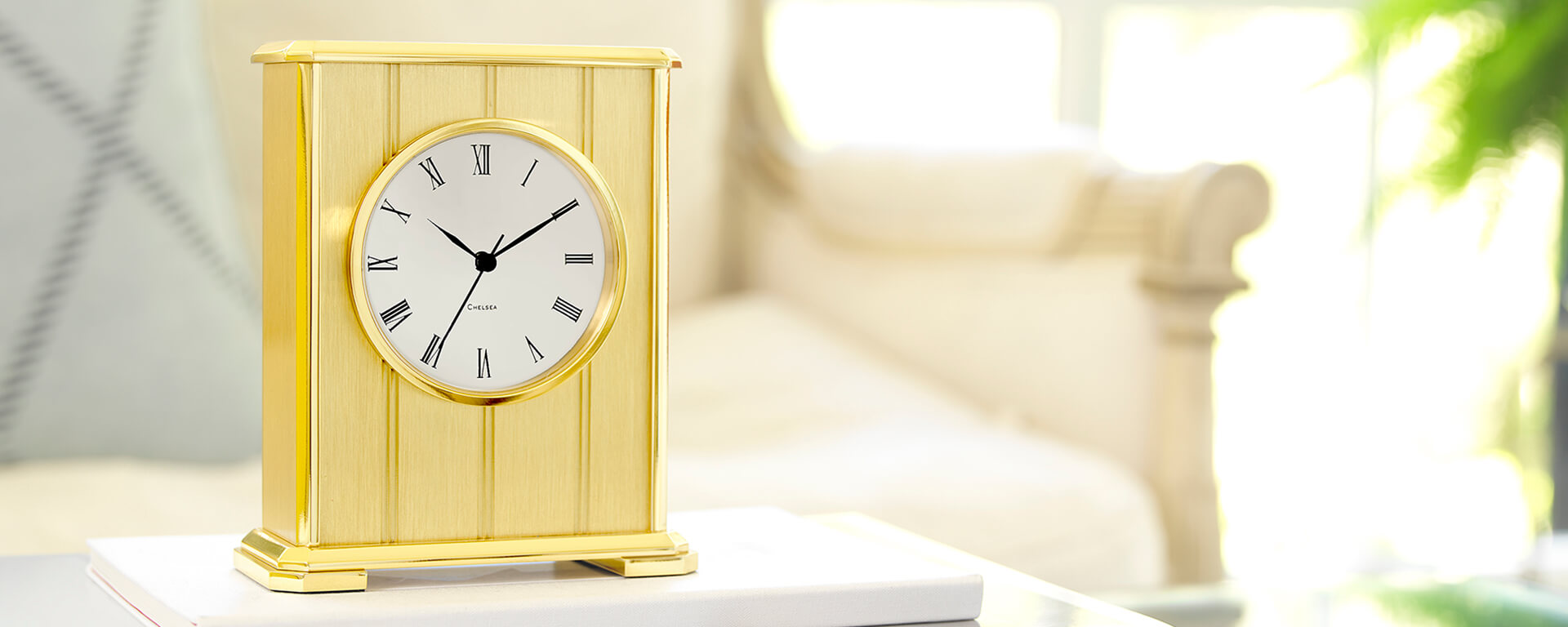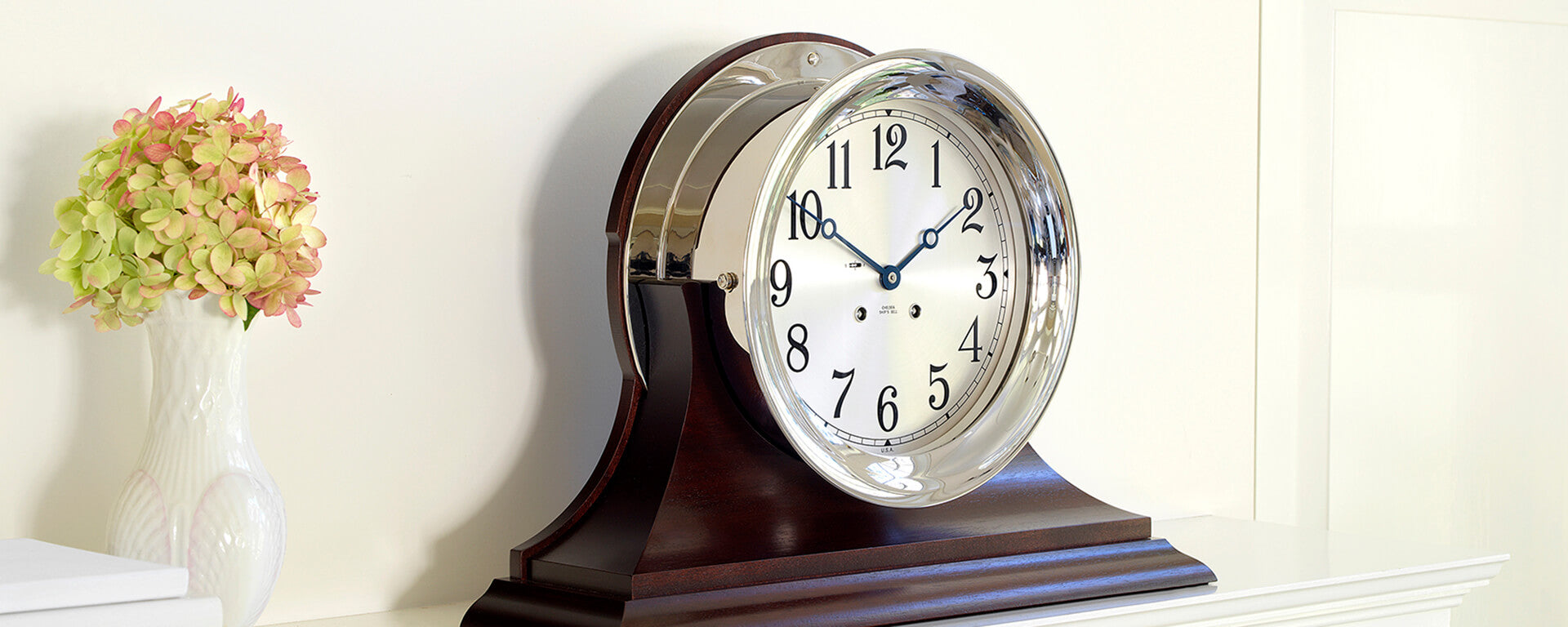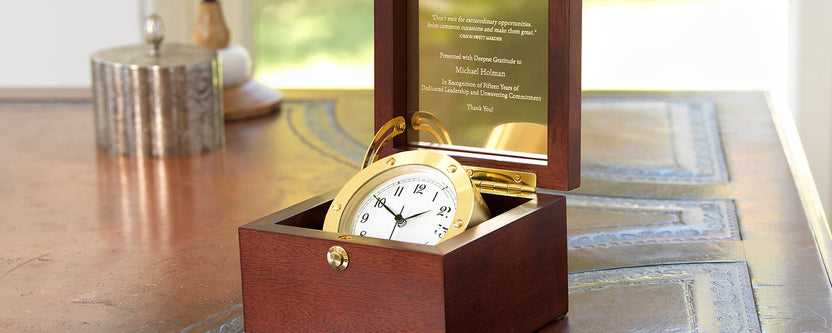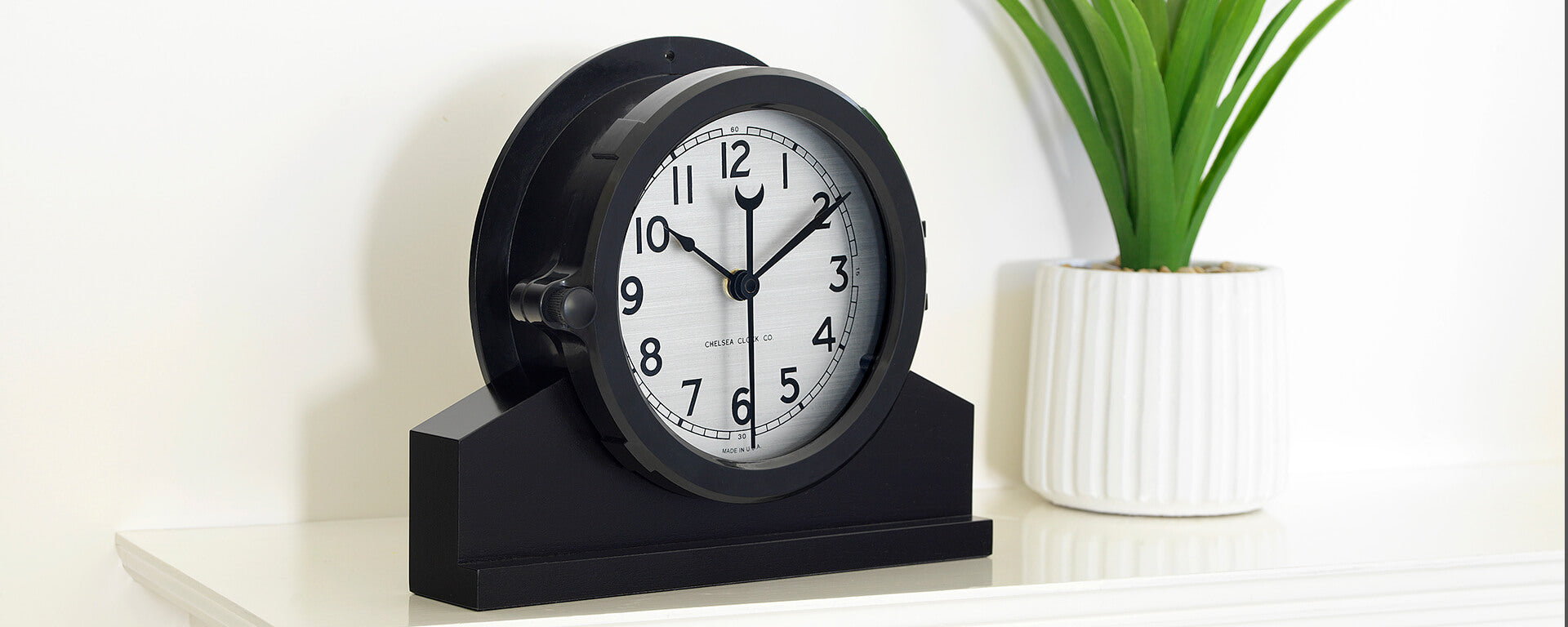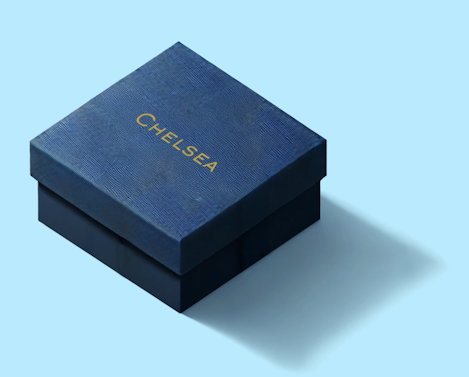How to Reset Your Internal Clock
Feeling sluggish? Sleep deprived? Have trouble turning off after a busy work day? A recent study from the University of Colorado Boulder found that spending time in the sun, perhaps for a weekend camping trip, can help us get to bed earlier according to the Journal of Current Biology.
“After a weekend of camping, our clocks are timed perfectly in sync with the sunrise and sunset,” says senior author Kenneth Wright, a sleep researcher at the University of Colorado Boulder.
Resetting our circadian clocks not only help with day time fatigue but can help prevent negative health risks associated with late bedtimes such as diabetes, substance abuse, and obesity.
The study also determined that just like other animals, humans are susceptible to seasonal changes in the light-dark cycle. When we forgo artificial light, we sleep and rise with the sun -- settling in earlier in the winter months and later on longer summer days. Thanks to most Americans' current lifestyle, the combination of less exposure to direct sunlight during the day and increased use of artificial light at night has delayed our internal clocks: we go to bed later and have trouble getting up with the sun.
“If your goal is to achieve earlier bedtimes and wake times — and be more alert in the morning — then being more in sync with the natural light cycle is expected to help that,” says Wright.
Don't let time get away from you. With more than 120 years of experience making clocks for the sea and clocks for home decor, Chelsea Clock has a timepiece to complement your aesthetic. Shop ChelseaClock.com for our entire collection of brass clocks or nickel clocks.


